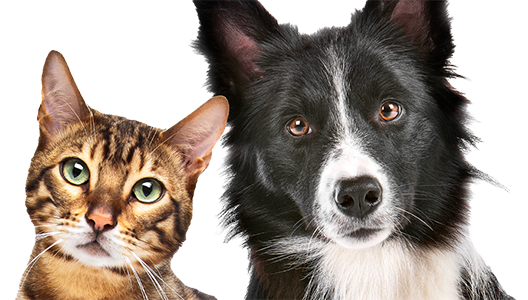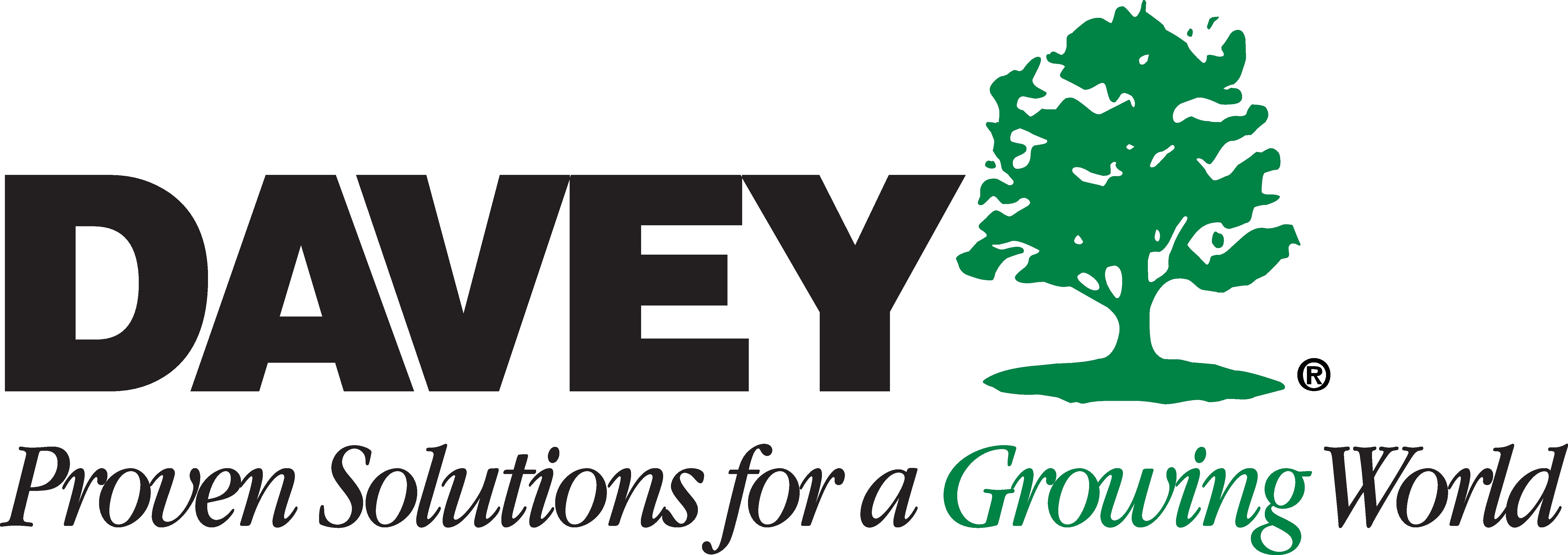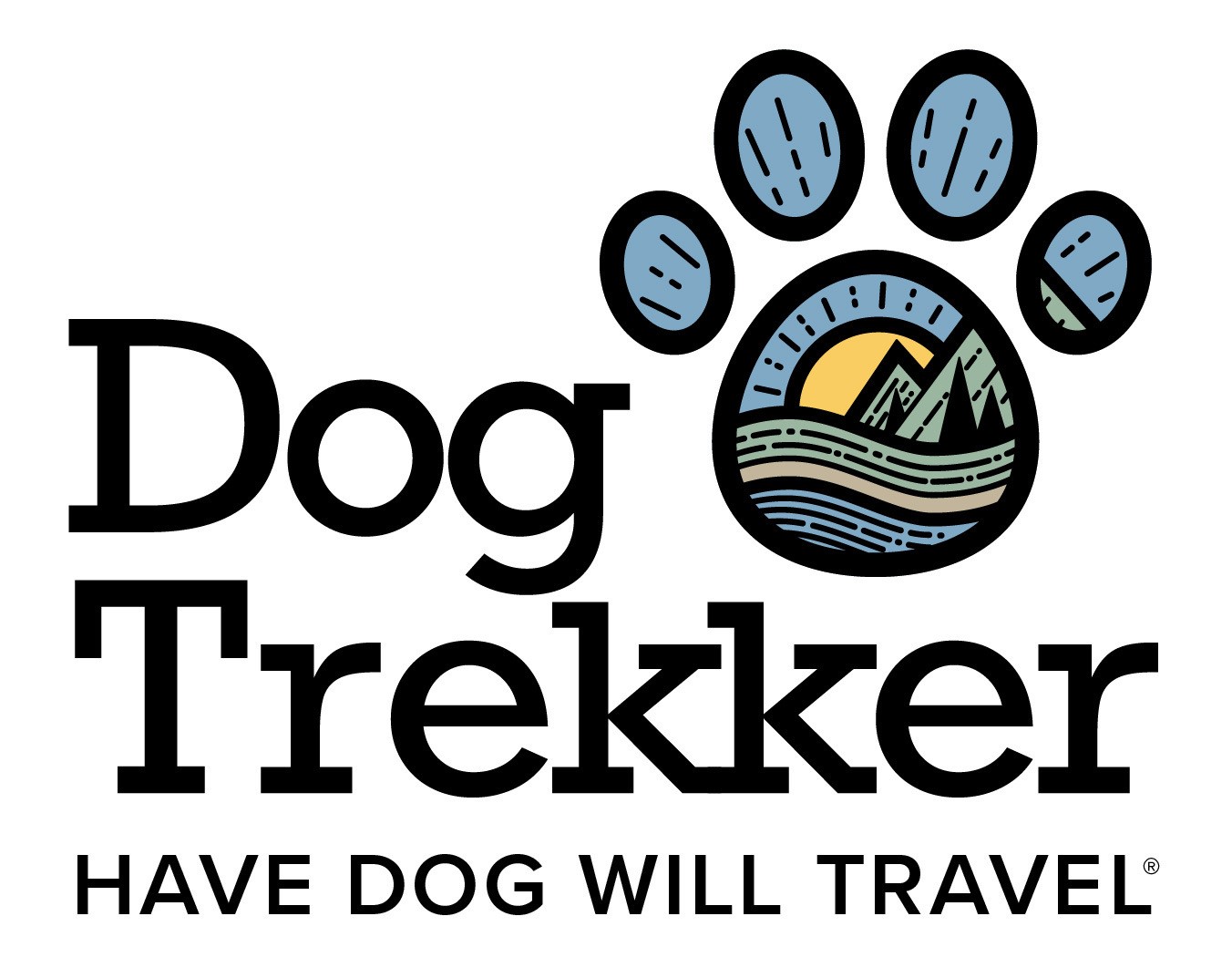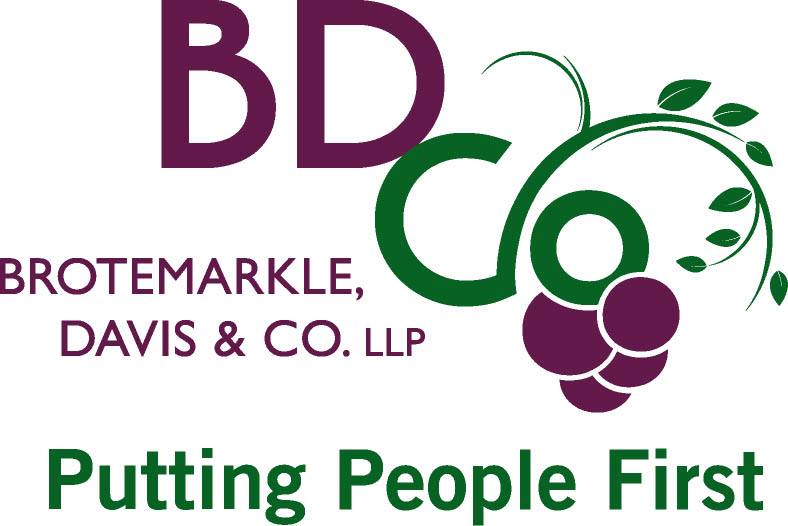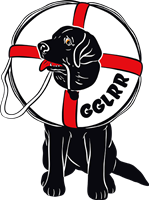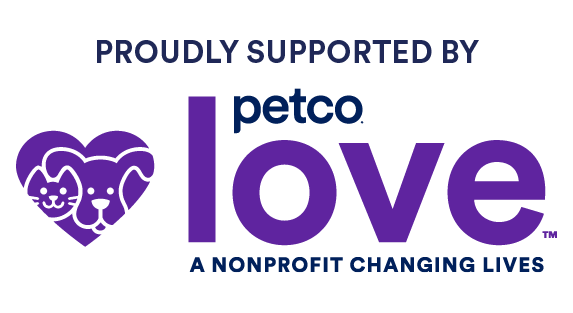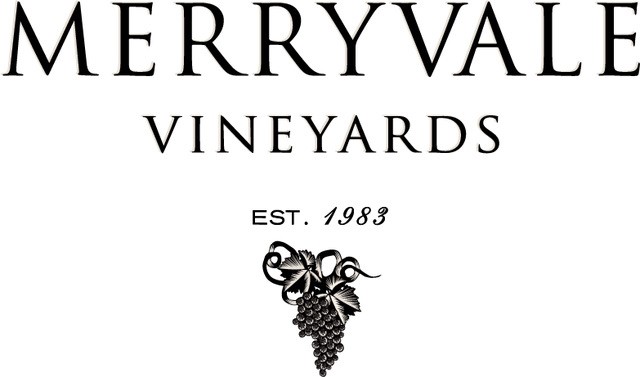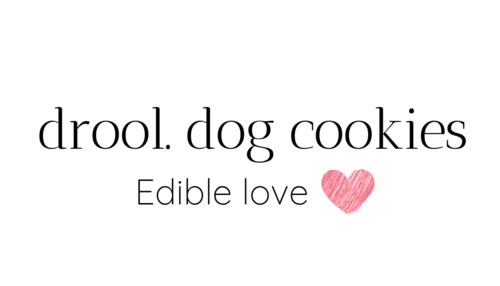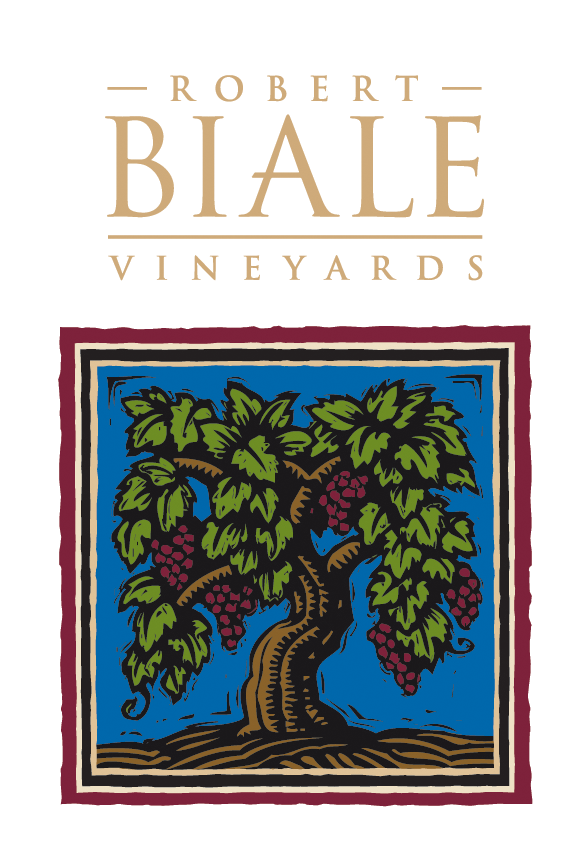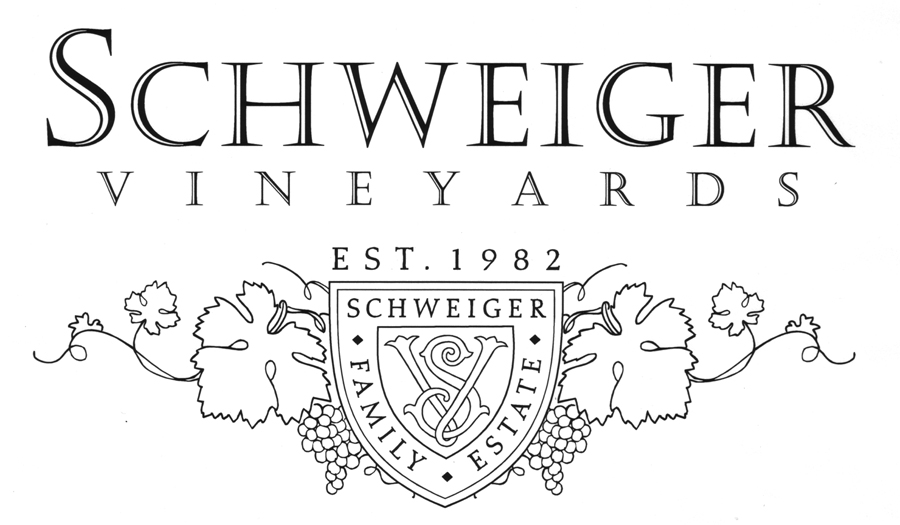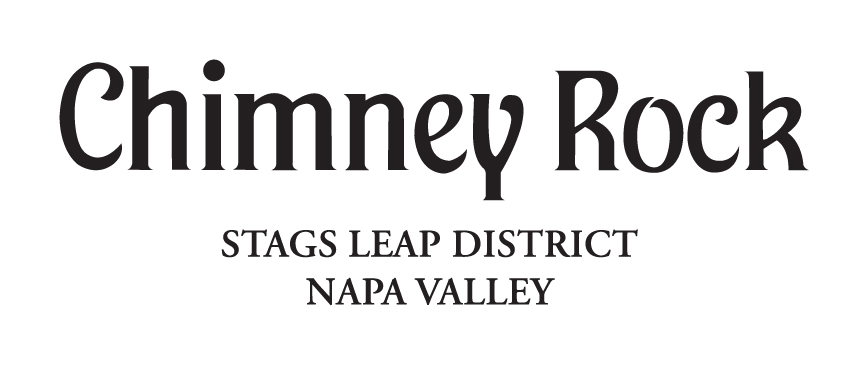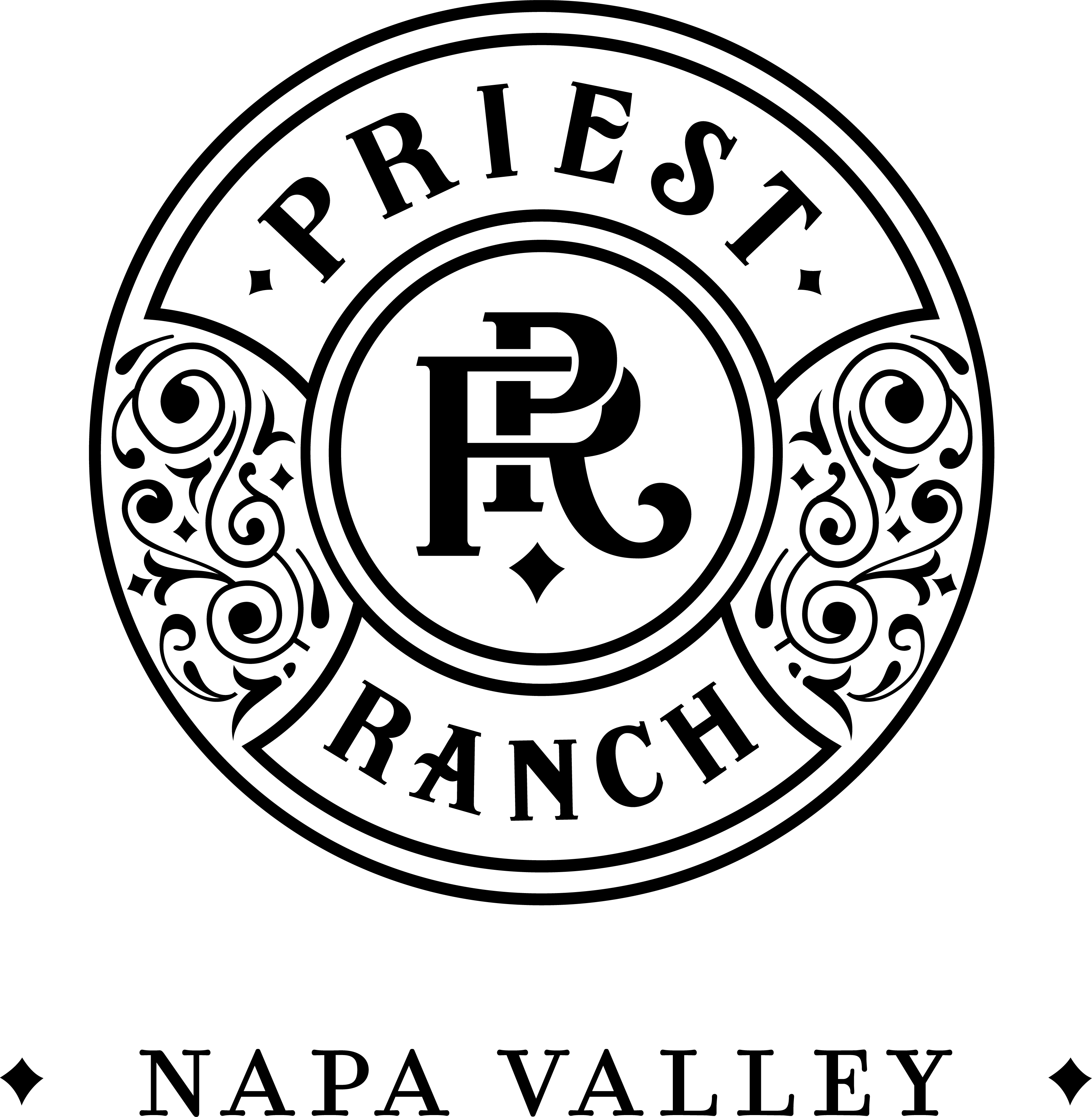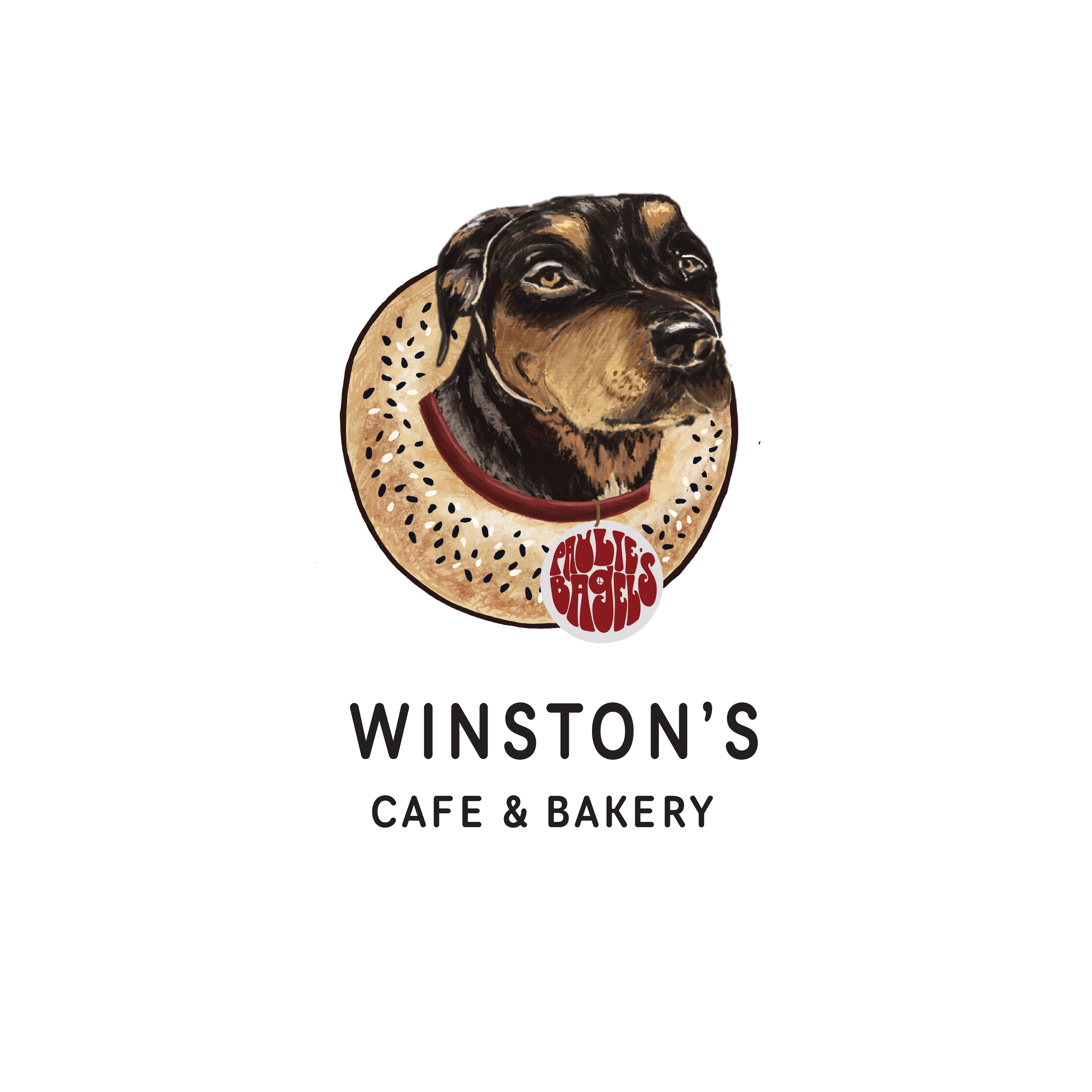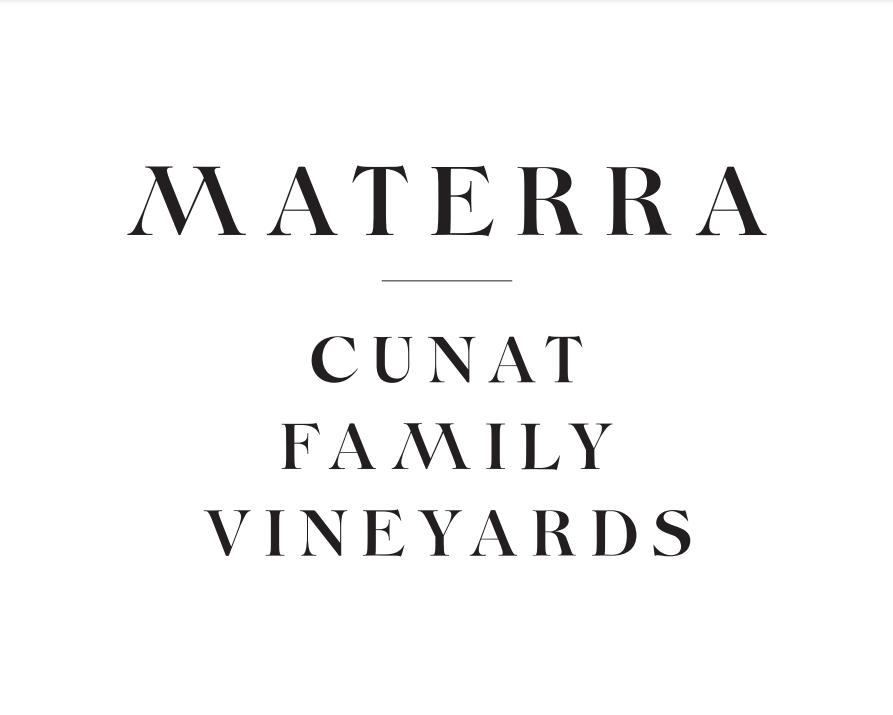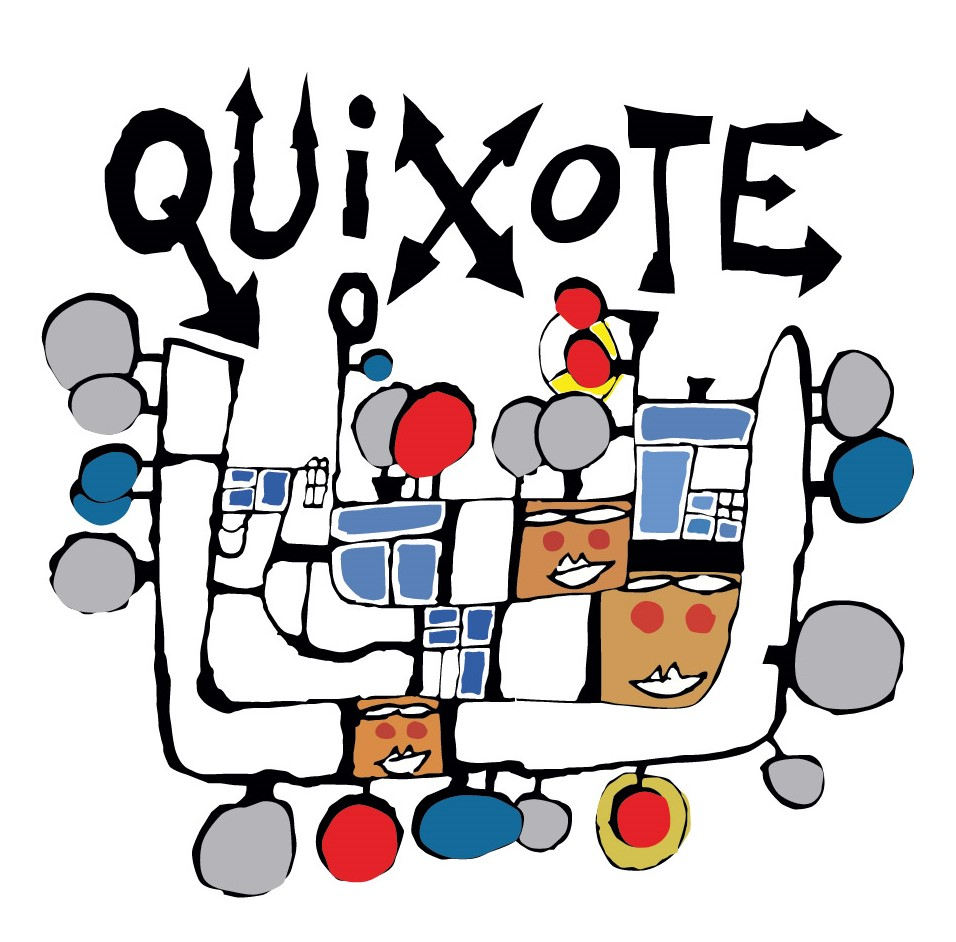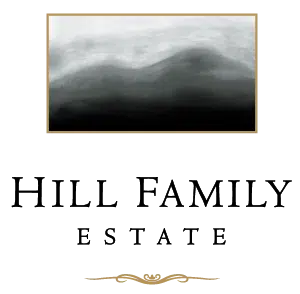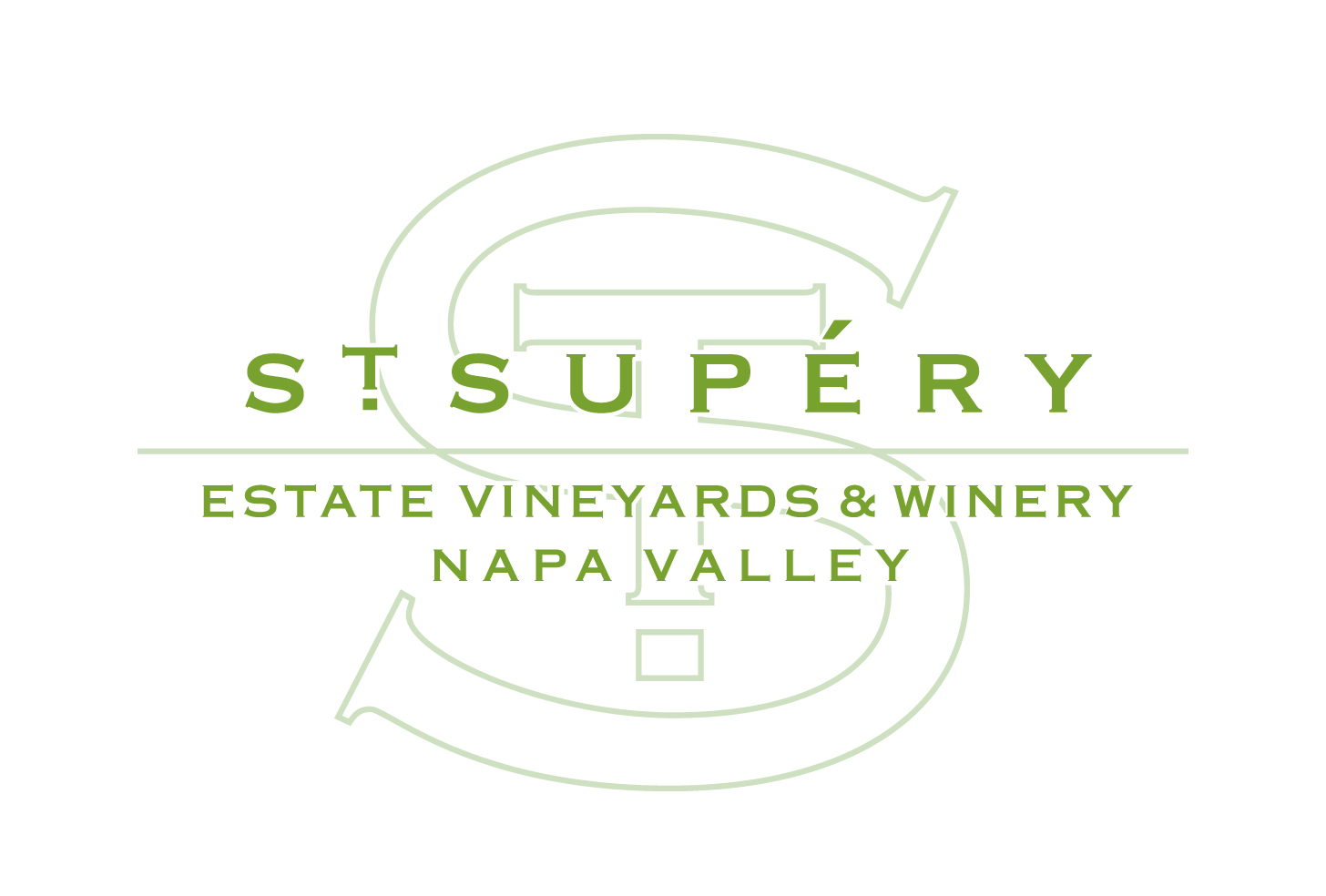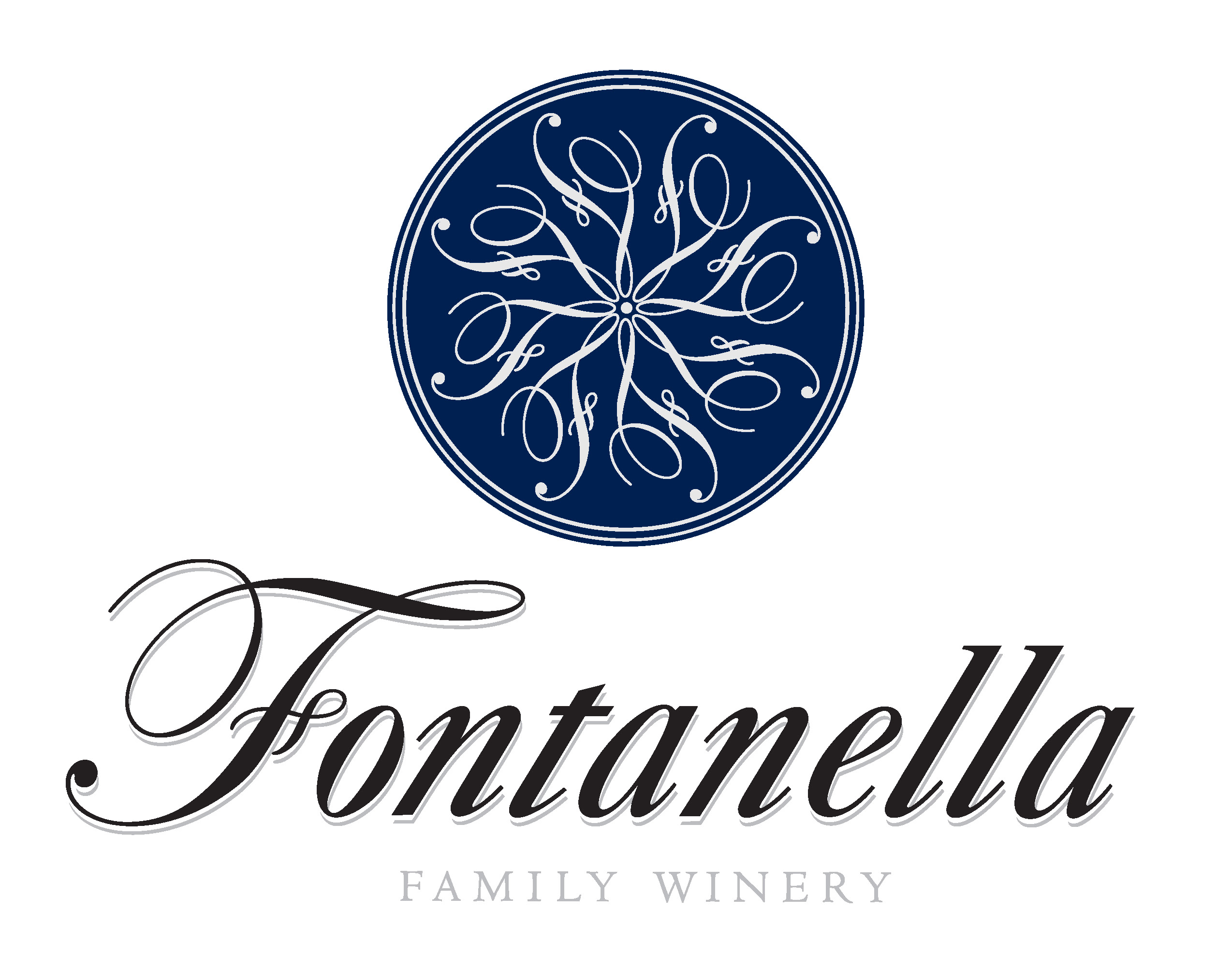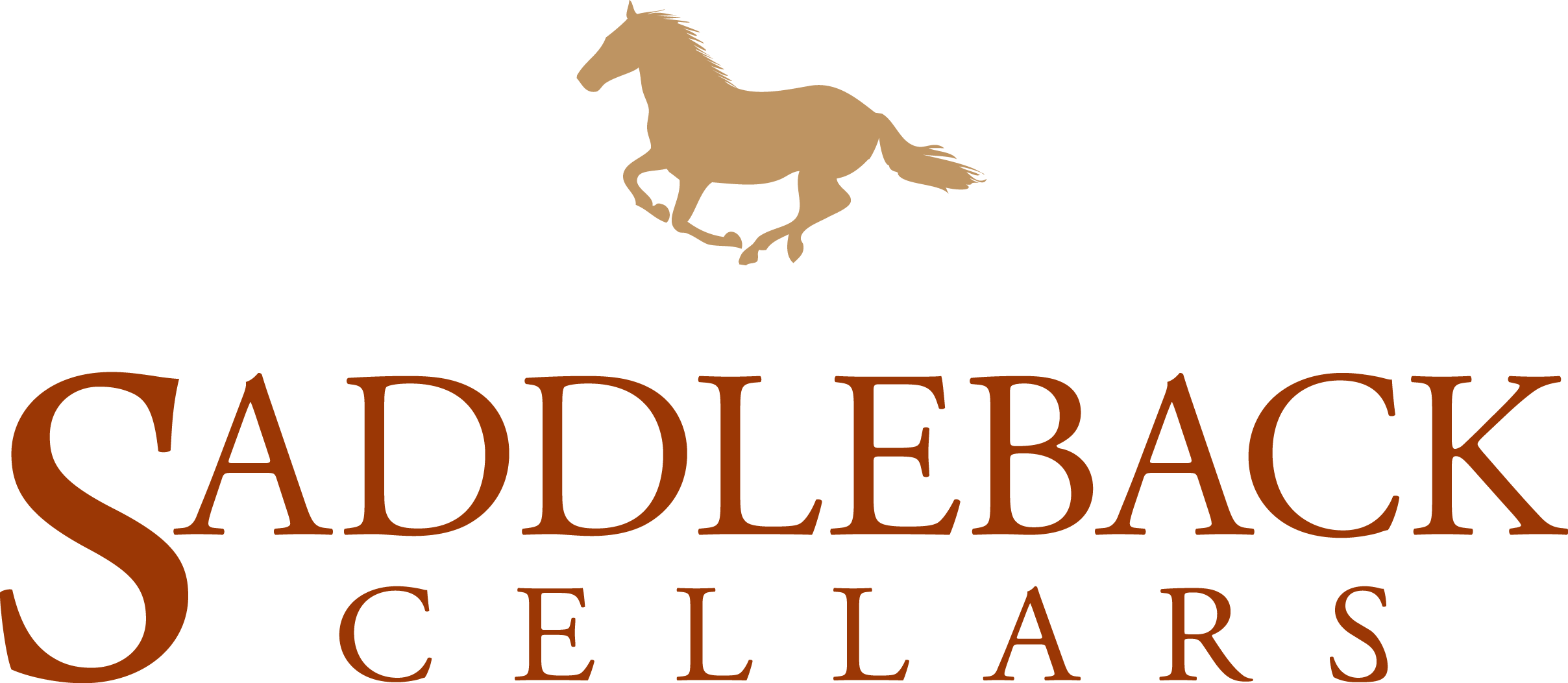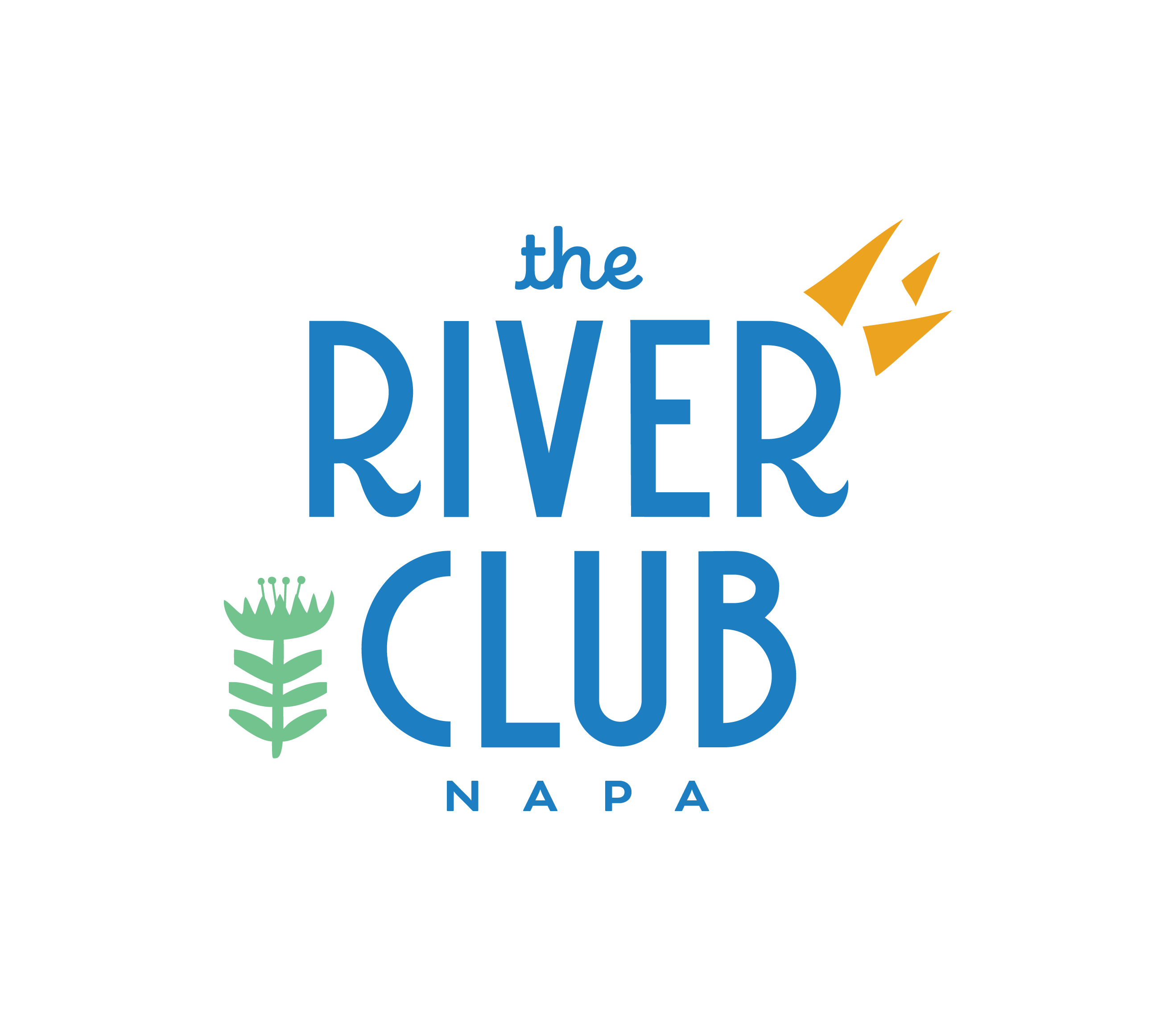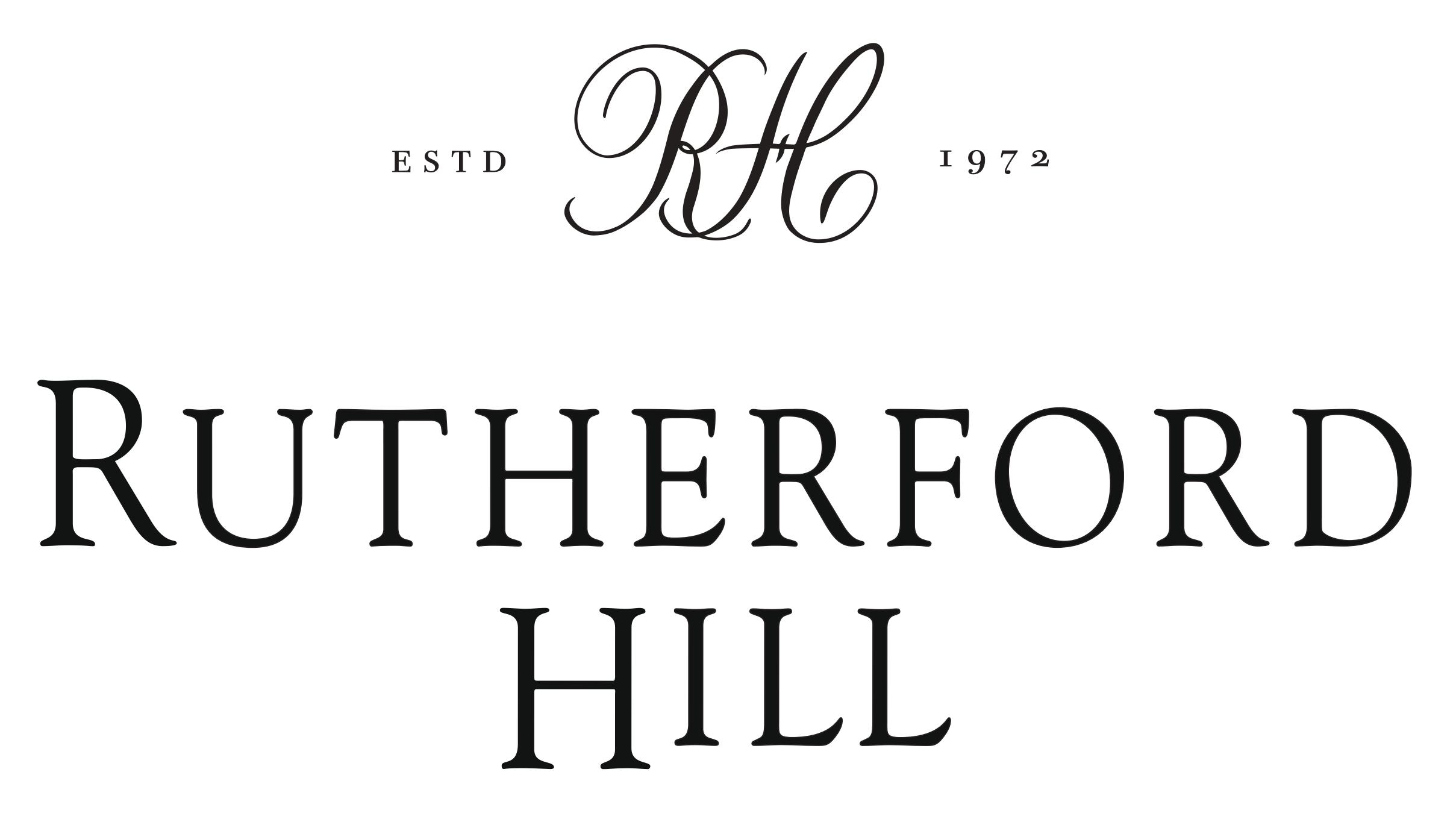Animal Poison Control Center
The ASPCA Animal Poison Control Center is a great resource for any poison-related animal emergency. If you think your pet has ingested something toxic, see your veterinarian immediately. If you can’t have your pet examined right away, please consider calling the ASPCA Animal Poison Control Center: 888.426.4435.
Specially trained veterinary toxicologists are available by telephone 24 hours a day, 365 days a year. They have an extensive collection of scientific journals and books as well as sophisticated databases that are not available anywhere else. The center’s clinical experiences collected over the past ten years can be rapidly reviewed for diagnostic and treatment recommendations.
When calling the center, be prepared to provide the following information: the name of the poison your animal was exposed to (if known), the amount and how long ago (if known); the species, breed, age, sex, and weight of your pet; and the symptoms the animal is displaying. You’ll also be asked to provide your name, address, phone number, and credit card information. A consultation fee may be applied to your credit card.
Foods Potentially Poisonous to Pets
Some foods that are considered good for people can be very dangerous for pets. The list below highlights some of the most common foods that can be dangerous to animals. This is not an exhaustive list, and any decision to provide your pet with food not specifically intended for animals should be discussed with your veterinarian.
The following foods may be dangerous to your pet:
- Alcoholic beverages
- Apple seeds
- Apricot pits
- Avocados (toxic to birds, mice, rabbits, horses, cattle and dairy goats)
- Cherry pits
- Candy (particularly chocolate, which is toxic to dogs, cats and ferrets, and any candy containing the sweetener Xylitol)
- Coffee (including grounds, whole beans, and chocolate covered espresso beans)
- Grapes
- Hops (used in home beer brewing)
- Macadamia nuts
- Moldy foods
- Mushroom plants
- Mustard seeds
- Onions and onion powder
- Peach pits
- Potato leaves and stems (green parts)
- Raisins
- Rhubarb leaves
- Salt
- Tea (caffeine)
- Tomato leaves and stems (green parts)
- Walnuts
- Yeast dough
Common Poisonous Plants
While plants add a touch of color and fragrance to our daily lives, they can also inject an element of danger into the lives of our pets.
Scientists have identified more than 700 plants that produce troublesome or toxic substances in sufficient amounts to harm animals. Poisonous plants produce a variety of toxic substances, and cause reactions ranging from mild nausea to death. Certain animal species may also have a peculiar vulnerability to a potentially poisonous plant.
Below is a list of common plants that may produce a toxic reaction in animals. This list is intended only as a guide to plants which are generally identified as having the capability for producing a toxic reaction.
| PLANT | TOXIC PARTS | PLANT TYPE |
| Aconite | roots, foliage, seeds | garden flower |
| Apple | seeds | cultivated tree |
| Arrowgrasses | Leaves | marsh plants |
| Atropa belladonna | entire plant esp. seeds, roots | garden herb |
| Autumn Crocus | entire plant | garden flower |
| Azaleas | entire plant | cultivated & wild shrub |
| Baneberry | berries, roots | wildflower |
| Bird-of-Paradise | Pods | garden flower |
| Black locust | entire plant esp. bark, shoots | tree |
| Bloodroot | entire plant esp. stem, roots | wildflower, herb |
| Box | entire plant esp. leaves | ornamental shrub |
| Buckeye | sprouts, nuts, seeds | tree |
| Buttercup | entire plant esp. leaves | wildflower, garden herb |
| Caladium | entire plant | house plant |
| Carolina jessamine | flowers, leaves | ornamental plant |
| Castor bean | entire plant esp. beans | house plant |
| Chinaberry tree | berries | tree |
| Chockcherries | leaves, cherries, pit | wild shrub |
| Christmas berry | Leaves | shrub |
| Christmas Rose | rootstock, leaves | garden flower |
| Common privet | leaves, berries | ornamental shrub |
| Corn cockle | Seeds | wildflower, weed |
| Cowbane | entire plant esp. roots | wildflower, herb |
| Cow cockle | Seeds | wildflower, weed |
| Cowslip | entire plant esp. leaves, stem | wildflower, herb |
| Daffodil | Bulbs | garden flower |
| Daphne | bark, berries, leaves | ornamental shrub |
| Day lily | entire plant is toxic to cats | garden & wildflower |
| Death Camas | leaves, stems, seeds, flowers | field herb |
| Delphinium (Larkspur) | entire plant esp. sprouts | wildflower |
| Dumbcane | entire plant | house plant |
| Dutchman’s breeches | roots, foliage | wild & garden flower |
| Easter lily | entire plant is toxic to cats | flowering house plant |
| Elderberry | leaves, bark, roots, buds | tree |
| Elephant’s ear | entire plant | house plant |
| English Ivy | entire plant esp. leaves, berries | ornamental vine |
| European Bittersweet | entire plant esp. berries | vine |
| False Flax | Seeds | wild herb |
| False hellebore | roots, leaves, seeds | ornamental flower |
| Fan weed | Seeds | wildflower, herb |
| Field peppergrass | Seeds | wildflower, herb |
| Foxglove | Leaves | wild & garden flower |
| Holly | berries | shrub |
| Horsechestnut | nuts, sprouts | tree |
| Horse nettle | entire plant esp. berries | wildflower, herb |
| Hyacinth | Bulbs | wild & house plant |
| Iris | leaves, roots | wild & garden flower |
| Jack-in-the-pulpit | entire plant esp. roots, leaves | wildflower |
| Jatropha | Seeds | tree, shrub |
| Jerusalem Cherry | unripe fruit, foliage | ornamental plant |
| Jimsonweed | entire plant esp. seeds | field plant |
| Laburum | seeds, pods, flowers | ornamental plant |
| Lantana | foliage | house plant |
| Larkspur | young plants | wildflower |
| Laurels | Leaves | shrub |
| Lily of the valley | leaves, flowers | garden & wildflower |
| Lupines | seeds, pods | shrub |
| Manchineel Tree | sap, fruit | tree |
| Matrimony vine | leaves, shoots | ornamental vine |
| Mayapple | unripe fruit, roots, foliage | wildflower |
| Milk vetch | entire plant | wildflower |
| Mistletoe | berries | house plant |
| Monkshood | entire plant esp. roots, seeds | wildflower |
| Moonseed | fruit, roots | vine |
| Morning glory | seeds, roots | wildflower |
| Mountain mahogany | Leaves | shrub |
| Mustards | Seeds | wildflower |
| Narcissus | Bulbs | garden flower |
| Nicotiana | Leaves | garden flower |
| Nightshade | leaves, berries | wildflower, vine |
| Oaks | shoots, leaves | tree |
| Oleander | Leaves | ornamental shrub |
| Philodendrons | entire plant | house plant |
| Pokeweed | roots, seeds, berries | field plant |
| Poinsettia | leaves, stem, flowers | house plant |
| Poison hemlock | leaves, stem, fruit | field plant |
| Potato | shoots, sprouts | garden plant |
| Rattle box | entire plant | wildflower |
| Rhododendron | Leaves | ornamental shrub |
| Rhubarb | Leaves | garden plant |
| Rosary pea | Seeds | house plant |
| Sago palm | entire plant esp seeds | ornamental plant |
| Skunk cabbage | entire plant esp roots, leaves | marsh plant |
| Smartweeds | Sap | wildflower |
| Snow-on-the-mountain | Sap | field plant |
| Sorghum | Leaves | grass |
| Star of Bethlehem | entire plant | wildflower |
| Velvet grass | Leaves | grass |
| Wild black cherry | leaves, pits | tree |
| Wild radish | Seeds | wildflower |
| Wisteria | pods, seeds | ornamental plant |
| Woody aster | entire plant | wildflower |
| Yellow jessamine | entire plant | ornamental vine |
| Yellow oleander | entire plant esp. leaves | garden plant |
| Yellow pine flax | entire plant esp. seedpods | wildflower |
| Yew | bark, leaves, seeds | ornamental tree |
Protect Your Pet from Common Household Dangers
Many common household items can pose a threat to our animal companions. Even some items specifically meant for pets could cause health problems for them. The best way to protect your pet is to use common sense, and take the same precautions you would with a child. Though rodent poisons and insecticides are the most common culprits for pet poisoning, the following potentially toxic items should also be avoided whenever possible:
- Antifreeze that contains ethylene glycol has a sweet taste that attracts animals, but is deadly if consumed in even small quantities; one teaspoon can kill a seven-pound cat. We recommend pet owners use an antifreeze that contains propylene glycol, which is safe for animals if ingested in small amounts. Ethylene glycol can also be found in common household products like snow globes, so be sure to keep these things out the reach of animals.
- Cocoa mulch contains ingredients that can be deadly to pets if ingested. The mulch, sold in garden supply stores, has a chocolate scent that is appetizing to some animals.
- Chemicals used on lawns and gardens, such as fertilizer and plant food, can be easily accessible and fatal to a pet allowed in the yard unsupervised.
- Cedar and other soft wood shavings, including pine, emit fumes that may be dangerous to small mammals like hamsters and gerbils.
- Chocolate is poisonous to dogs, cats, and ferrets.
- Insect control products, like the insecticides in many over-the-counter flea and tick remedies, may be toxic to companion animals. Flea and tick control products sold at Napa Humane or through your veterinarian are much safer and more effective. Pet owners should never use any product without first consulting a veterinarian.
- Fumes from nonstick cooking surfaces and self-cleaning ovens can be deadly to birds. Always be cautious when using a pump or aerosol spray around birds.
- Human medications like pain killers (including aspirin, acetaminophen, and ibuprofen), cold medicines, anti-cancer drugs, anti-depressants, vitamins, and diet pills can all be toxic to animals. Keep medication containers and tubes of ointments and creams away from pets who could chew through them, and be vigilant about finding and disposing of any dropped pills.
- Leftovers like chicken bones shatter easily, and can choke a cat or dog. Other human foods to keep away from pets include onions and onion powder; alcoholic beverages; yeast dough; coffee grounds and beans; salt; macadamia nuts; tomato, potato, and rhubarb leaves and stems; avocados (toxic to birds, mice, rabbits, horses, cattle, and dairy goats); and anything with mold growing on it. SEE ADDITIONAL LIST ABOVE.
- Poisonous household plants include azalea, geraniums, dieffenbachia (dumb cane), lilies, mistletoe, and philodendron, among others. SEE ADDITIONAL LIST ABOVE.
- Rawhide doggie chews may be contaminated with Salmonella, which can infect pets and humans who come in contact with the chews. These kinds of chews should be offered to a pet only with supervision, as they can pose a choking hazard as well.
- String, yarn, rubber bands, and even dental floss are easy to swallow and can cause intestinal blockages or strangulation.
- Toys with removable parts – like squeaky toys or stuffed animals with plastic eyes – can pose a choking hazard to animals. Take the same precautions with pets as you would with a small child.
It’s best to use all household products with caution, and keep a pet first-aid kit and manual readily available. If all of your precautions fail, and you believe that your pet has been poisoned, contact your veterinarian or an emergency veterinary clinic immediately. Signs of poisoning include listlessness, abdominal pain, vomiting, diarrhea, muscle tremors, lack of coordination, and fever.
The ASPCA Animal Poison Control Center also operates a diagnostic and treatment advice hotline 24 hours a day, seven days a week (see above for full details). 888.426.4435. Please note that there is a fee for this service.
